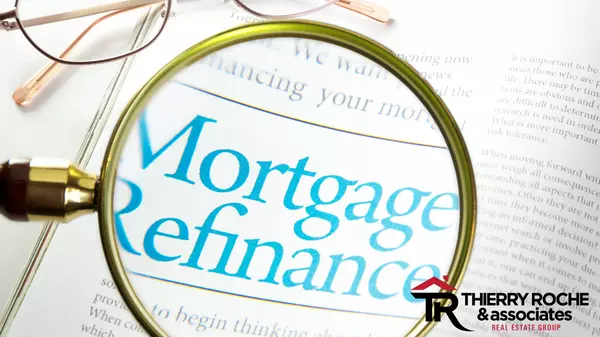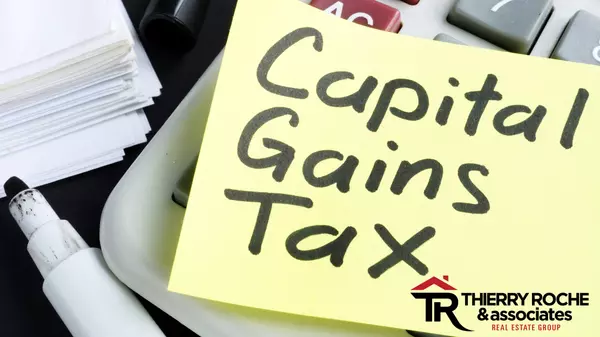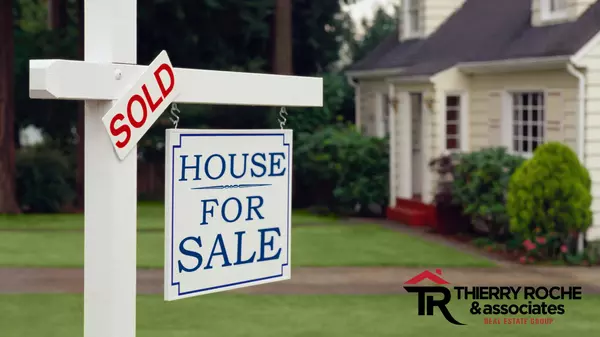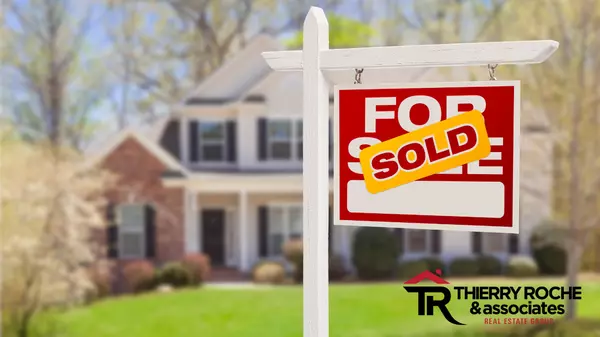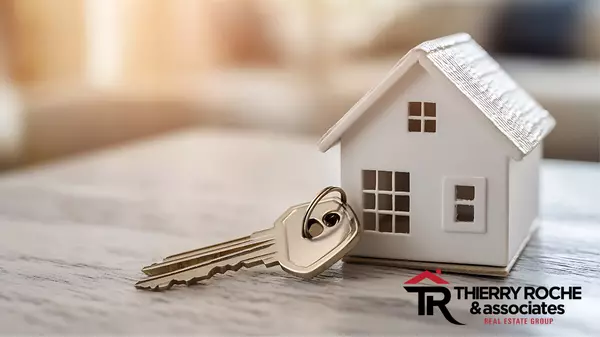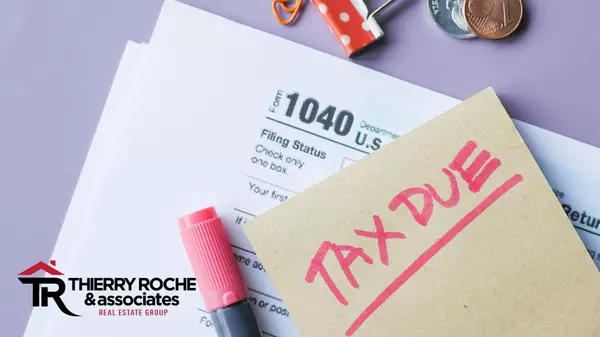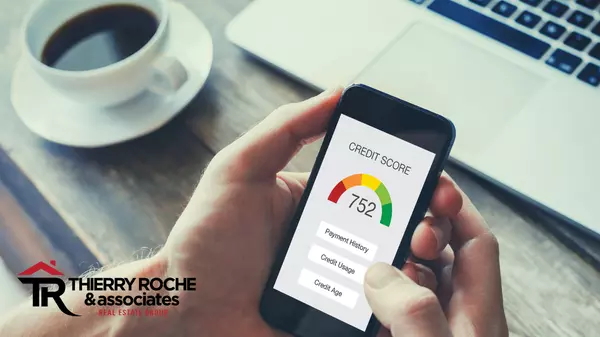What Really Happens to Your Mortgage Payoff When You Sell Your Home

What Really Happens to Your Mortgage Payoff When You Sell Your Home
So, you’ve decided to sell your home. Maybe you’re upgrading, downsizing, or just ready for a change of scenery. Whatever the reason, there’s one question many sellers quietly wonder: “What actually happens to my mortgage when I sell?”
Here’s the inside scoop — no boring banker jargon, just a clear, real-world breakdown.
Step 1: Get the Magic Number from Your Lender
Before your “For Sale” sign even starts turning heads, you’ll need to know exactly how much you owe. This is where a payoff statement comes in. It’s a document from your lender showing the precise amount needed to completely pay off your loan — fees, daily interest, and all.
Think of it as the “final bill” for your mortgage. Without it, you’re just guessing.
Step 2: Your Closing Team Takes the Wheel
When it’s time to close, you won’t be cutting a personal check to your lender. Instead, your title company or attorney will send the payoff amount directly from your sale proceeds. It’s clean, secure, and ensures your mortgage gets paid without you having to juggle the money.
Step 3: Interest Doesn’t Stop Until the Payoff Hits
Here’s a little surprise for many sellers — mortgage interest is calculated daily. That means your lender will charge interest right up until they receive every last penny. It’s not enough to pay through your “last payment date”; the clock keeps ticking until the full payoff clears.
Step 4: The Sweet Moment — Loan Paid & Lien Released
Once your lender receives the payoff, they officially release the lien on your property. Translation: they no longer have a legal claim on your home. Your lender also files the paperwork with the county so everything is crystal clear in the public record.
Step 5: Any Remaining Equity Is Yours to Keep
After your mortgage is paid off (and closing costs are covered), any leftover money is your equity. This is the part that goes into your bank account — the reward for all your years of homeownership.
Step 6: Watch for Final Adjustments
If you had an escrow account for taxes and insurance, you might get a refund for any unused portion a few weeks after closing. It’s like a little bonus check after the main event.
Step 7: Special Loan Terms? Pay Attention to Timing
If you have an FHA loan or other special financing, be aware — some require you to pay interest through the end of the month, even if you close early. A little strategic timing could save you money.
Step 8: Double-Check for Prepayment Penalties
While rare in modern mortgages, some loans still carry a prepayment penalty. It’s worth confirming with your lender before you list your home — just so there are no surprises.
Selling your home doesn’t mean you’re stuck with your mortgage. The process is straightforward once you know the steps: get your payoff, let the professionals handle the transfer, watch the lien disappear, and pocket your equity.
With the right planning (and maybe some savvy timing), you’ll walk away from closing with peace of mind — and hopefully, a nice deposit in your bank account.
Categories
Recent Posts

